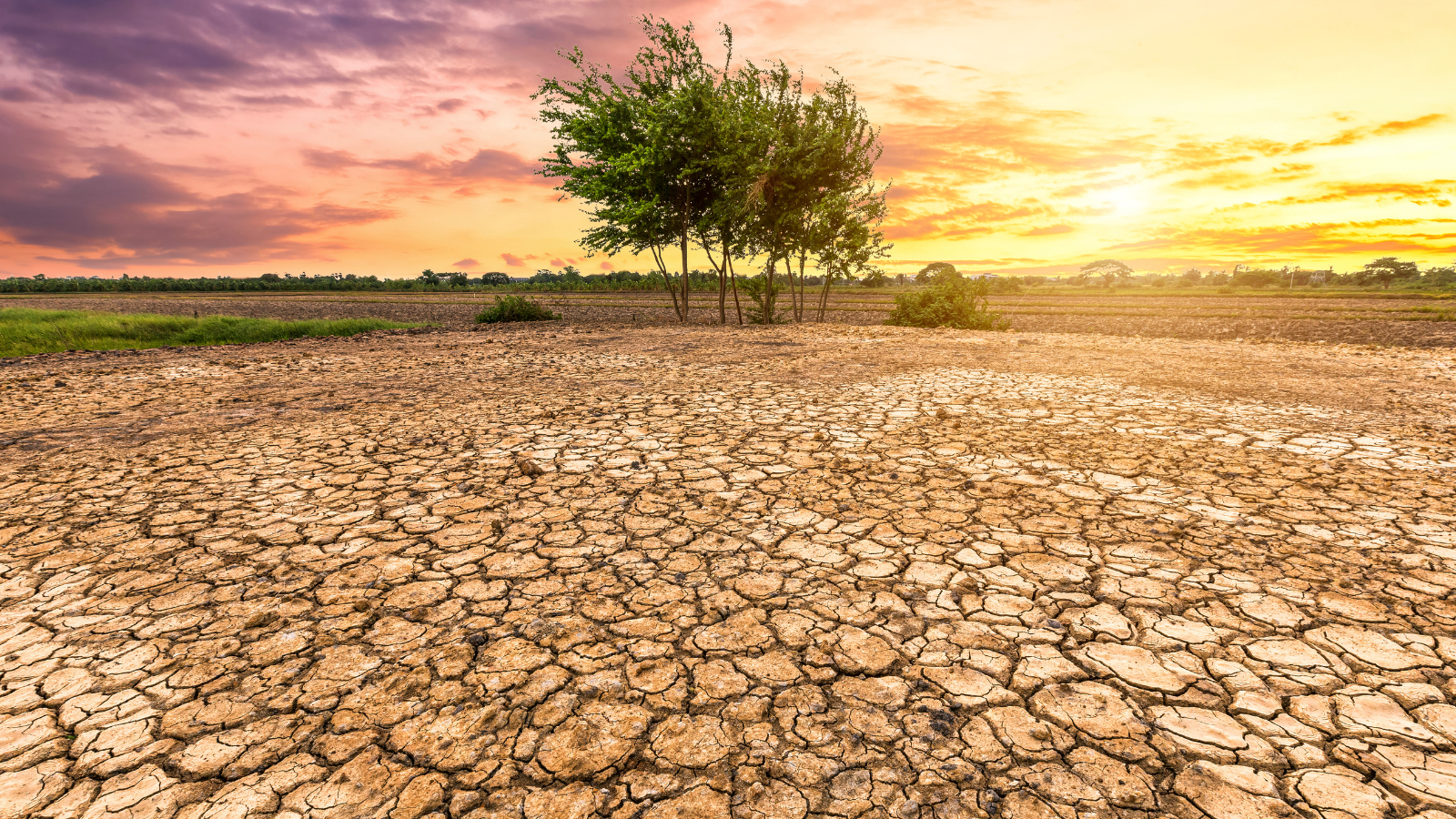Blogs

The convening of the 27th edition of the world’s most significant summit on climate change –the UN Climate Change Conference of the Parties (COP27)– for the first time in Africa at Sharm El-Sheikh, Egypt in November 2022 provides a great platform to amplify the African perspective and voice on climate change action. While Africa has contributed little to the climate change crisis, it is expected to bear the brunt of climate change effects unless global and domestic investments for climate change action are increased.
At COP27, AFIDEP will advance the urgent need for climate change action to take an integrated and cross-sectoral approach if it is to achieve meaningful results. Among others, this approach puts greater emphasis on population dynamics and the empowerment of women and girls in climate change action, as well as, positioning some key but often marginal actors at the centre of countries’ climate change action including communities, legislators, civil society, and private sector.
Through the five-year Building Capacity for Integrated Family planning (FP) and Reproductive Health (RH) and Population, Environment and Development (PED) Action (BUILD) project, AFIDEP and her partners are already demonstrating how such an approach looks like, and generating leadership and additional investments into climate change action that takes an integrated and cross-sectoral approach.
Generating leadership and investments for an integrated approach to climate change action
Through BUILD, a USAID-funded initiative, AFIDEP is operationalising linkages among often siloed issues in global sustainable development. For instance, through this work, AFIDEP is galvanising increased commitments by actors in the public, private and civil spheres to cross-sectoral approaches that integrate population, health, environment, climate change, resilience, food security, water, livelihoods, economic growth, education, and governance, and a subsequent increase in investments towards meeting sustainable development objectives, including climate action.
We expect our engagement at COP27 to not only generate more support for the integrated and cross-sectoral approach for climate change action, but also stimulate more commitment and investments into interventions that take this approach.

